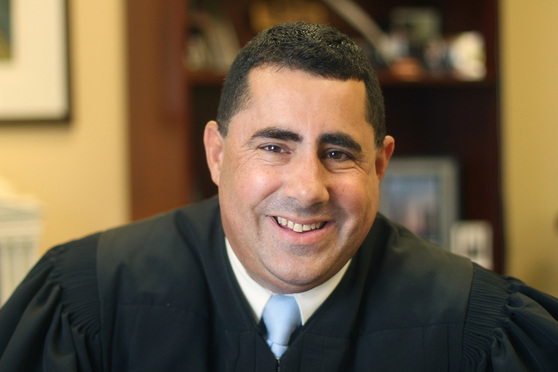Innovating Criminal Defense: Stephen Millan’s Predictions for the Legal Landscape
Innovating Criminal Defense: Stephen Millan’s Predictions for the Legal Landscape
Blog Article
The subject of offender protection is constantly developing, and no body knows that much better than Stephen Millan. As an skilled lawyer with a forward-thinking strategy, Stephen Millan has grown an original perception on the ongoing future of offender defense. With improvements in technology, legitimate methods, and societal expectations, the landscape of offender legislation is undergoing a transformation, and Millan envisions a future where invention, equity, and effectiveness get middle period in security strategies.

Adopting Technology in Criminal Protection
One of the very most significant improvements Millan anticipates could be the raising position of technology in offender defense. From synthetic intelligence (AI) and knowledge analytics to developments in forensic technology, engineering is revolutionizing the way in which instances are prepared and argued. Millan predicts that later on, AI instruments is going to be integrated to event preparation, supporting security attorneys sift through big volumes of evidence, find habits, and identify disadvantages in the prosecution's event more efficiently.
Digital tools may also improve interaction between clients and attorneys, which makes it simpler for defendants to stay educated and connected. The utilization of electronic courtrooms and electronic evidence demonstration, particularly accelerated by the COVID-19 pandemic, is anything Millan expects to carry on rising, providing more accessible and successful ways to conduct trials.
A Give attention to Offender Justice Reform
Millan is also deeply focused on criminal justice reform, a cause that he feels will shape the ongoing future of criminal defense. He envisions a future where in actuality the justice program prioritizes rehabilitation around punitive measures, especially for non-violent offenders. With rising community attention about mass incarceration and their societal affects, Millan sees an opportunity for protection attorneys to enjoy a vital role in pressing for more gentle sentencing plans and alternatives to jail time, such as community-based programs and restorative justice practices.
Moreover, Millan envisions a system wherever racial and socioeconomic biases are addressed more effectively. He thinks that as more data is obtained on disparities in sentencing and arrests, there is a greater drive for fairness in the legal system, resulting in improvements in how criminal security is practiced and how guidelines are enforced.
The Increase of Collaborative Defense Groups
As time goes by, Millan foresees the increase of collaborative defense clubs composed of not only attorneys but also professionals in areas like psychology, forensic science, and social work. These teams may interact to deal with the difficulties of each event, giving more comprehensive and holistic security strategies. By leveraging the expertise of numerous specialists, the protection can offer more well-rounded arguments, concern the prosecution's evidence more effectively, and finally improve outcomes for clients.
This approach aligns with Millan's opinion that criminal safety shouldn't be a solitary endeavor. Instead, protection attorneys works alongside specialists to ensure all facets of the case is completely analyzed and every possible defense avenue is explored.

Educating the Community on Offender Law
Still another vital section of Stephen Millan MIAMI's perspective for the future is training the public about their rights and the offender justice system. He envisions the next wherever individuals are greater equipped to know the legal processes they could encounter. As offender defense lawyers like Millan carry on to improve consciousness about problems like wrongful convictions, bail reform, and the significance of legal representation, Millan feels that the public can be more proactive in seeking justice and more alert to the methods offered to them. Report this page